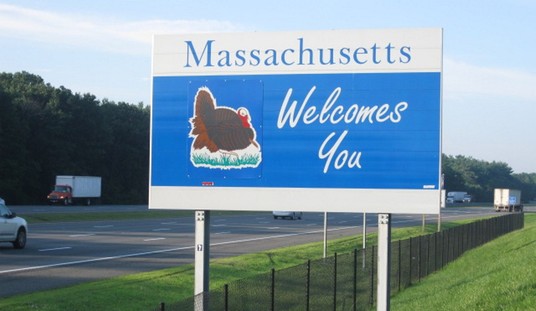Over at Vox, Ezra Klein has set forth some… interesting theories of how Presidential authority works in the face of Congressional inaction:
Douthat may, depending on the details of the policy, be right that Obama intends to push presidential authority beyond where it should properly go. But he skips too lightly over the role congressional dysfunction plays in empowering the executive branch. “Incompetence and gridlock are significant problems, indeed severe ones, but they’re happening within the context of a constitutional system that allows for — and can survive — congressional inaction,” he says.
This is a good point, except for the fact that it is exactly the opposite of how the government is set up under the Constitution. When Congress does not pass a law, the Executive’s power to act does not grow, it shrinks. By way of reminder, under Article 2, the President’s power exists within the domestic sphere to enforce the laws that are passed by Congress. If Congress does not pass a law, the President does not have a law to execute, and therefore his power shrinks, at least under the Constitution.
The Constitution does not envision a regime in which “smart” people like Ezra Klein and Barack Obama decide that a given policy must exist – and then following this decision, Congress gets a ceremonial first bite at the apple of passing a law in accordance with this policy, and if they fail to do so, the President gets to just enact the policy anyway. That is not how the separation of powers works. There is no universe in which it simply must be that an immigration reform proposal makes it to the President’s desk within the calendar year, and if it does not do so, everyone simply accepts that the President has the authority to do what Congress clearly meant to do in the first place.
As Ross Douthat has noted, and has likewise been noted by our own Dan Spencer, even Obama himself knows this and has admitted so publicly. He knows good and well that to just implement his preferred policy in the face of flat Congressional refusal to acquiesce to it would be an extra-constitutional exercise of his authority, and that the main reason he is doing it is a flat attempt to troll Congress into trying to impeach him.
Neither Obama nor Klein gets to play heads-I-win, tails-you-lose with immigration policy. The power to set immigration and naturalization policy belongs constitutionally in the hands of Congress per the express terms of Article 1, Section 8 of the Constitution. President Obama does not get to usurp that power just because Congress does not pass the law he prefers.















Join the conversation as a VIP Member